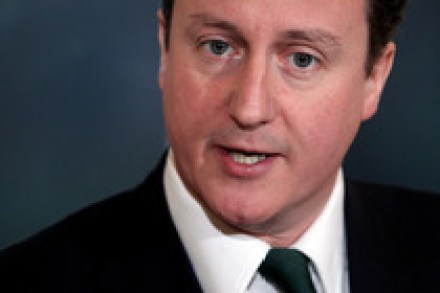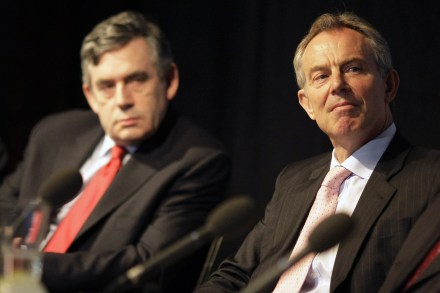Accountability on your iPhone
With Brown pitching his AV referendum as the solution to at least some of our political ills, it’s worth highlighting the quieter efforts of another Labour MP, Derek Wyatt, to fix the system. Mr Wyatt, you see, has got involved with the MyMP iPhone app which helps voters track and converse with their MPs. The first version was released on 15 January, but, I must admit, I’ve only just come across it thanks to the Telegraph’s report this morning. Sure, an iPhone app is only a small thing. And, in this case, there’s certainly room for improvement, as well as for more MPs signing up to the service. But it’s



















